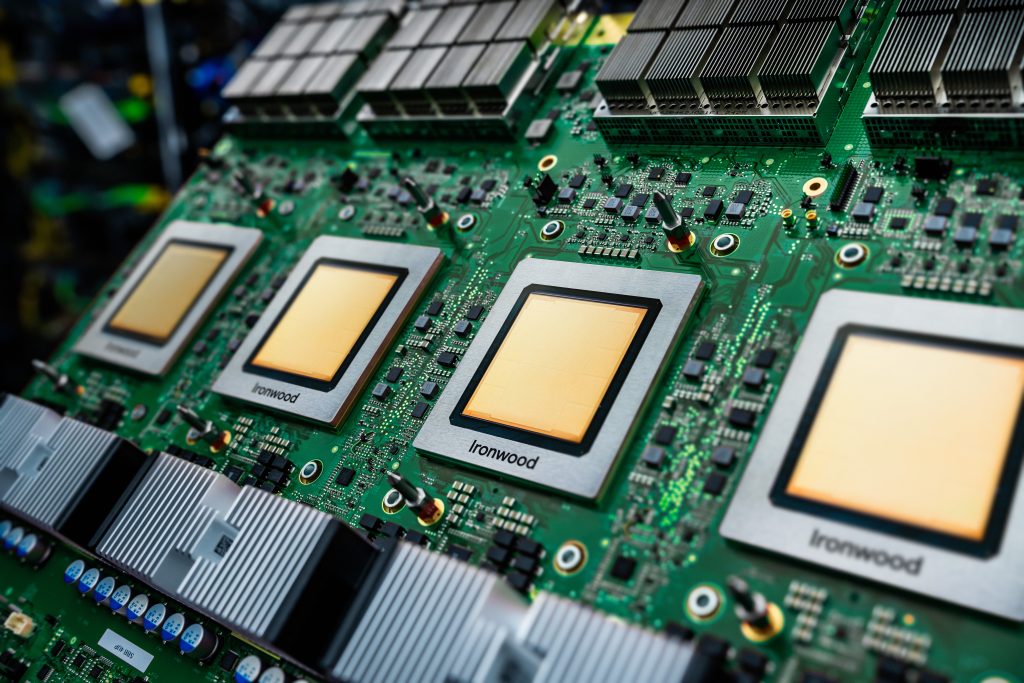- In many sectors, an Indian IPO makes sense.
- More Indian companies return home for investment.
- Quick-commerce market heats up with Zepto.
Growing Indian companies have a tendency to move around from nation to nation, depending on their stage of growth. Home-grown businesses seeking external investors are often to be found in Singapore, where foreign venture capital is more readily accessible.
For the highly successful outfit, there’s also the possibility of a listing on the London or New York stock exchanges, something that’s not allowed under Indian financial regulation.
But several high-profile companies that spent time based abroad have returned to India in the last few years to float on the Indian stock exchange, including PhonePe and Groww. The latest to follow this path is Zepto, an online grocery and household items store, and a challenger to the incumbents of the quick-commerce space.
The company is currently valued at US$5 billion, having raised US$1.35 billion while domiciled in Singapore. After its relocation back onto home turf, it plans to raise a further US$1.1 billion for an initial public offering (IPO) later this year.
In the last four years, many companies have have floated on Indian stock exchange, with over 300 companies raising in excess of $20bn in 2024. The chairman of AIBI (Association of Investment Bankers of India), Mahavir Lunawat has stated that “India has successfully surpassed both the US and Europe with more than the number of IPOs [those exchanges have] listed.”
However, the country’s securities market regulator (SEBI – Securities and Exchange Board of India) is considering measures to prevent unofficial share trading before upcoming IPOs. This comes after a flurry of black-market trading that has tarnished India’s emerging reputation as a place where domestic investors are well-funded enough to float businesses large and small.
Indian IPO for micro and small business
Unlike the large stock exchanges of London, New York and Tokyo, the Indian exchange has seen a wide range of company sizes successfully floating, including many SMEs. So-called ‘low float’ or ‘small equity size’ companies can use a share issue to make the leap from small concern to dynamic expansion.
According to the Indian government, “the main feature of SME IPOs is that they provide an alternative method for SMEs to raise capital for their business. Unlike traditional loans, which require interest to be paid on repayment, equity funding through IPOs does not burden the small enterprise business with debt. This benefits SMEs looking to finance their expansion, development, and research.”
In the past, companies like Flipkart have successfully launched themselves on foreign exchanges, but this strategy is no longer the only possibility, thanks to the Indian government’s pro-domestic, growth-oriented financial policies.
Big companies like Zepto have their eyes on out-competing better known competitors, which in its case are Blinkit (previously Grofers), which tripled its revenue in the last financial quarter of 2024, and Swiggy, valued at US$13.3 billion.
A burgeoning demand for food and grocery deliveries in India and the country’s high population (currently 1.5 billion people) mean that home-grown business talent and technical skill in this market can create massive success domestically, without having to look abroad for investment monies.







